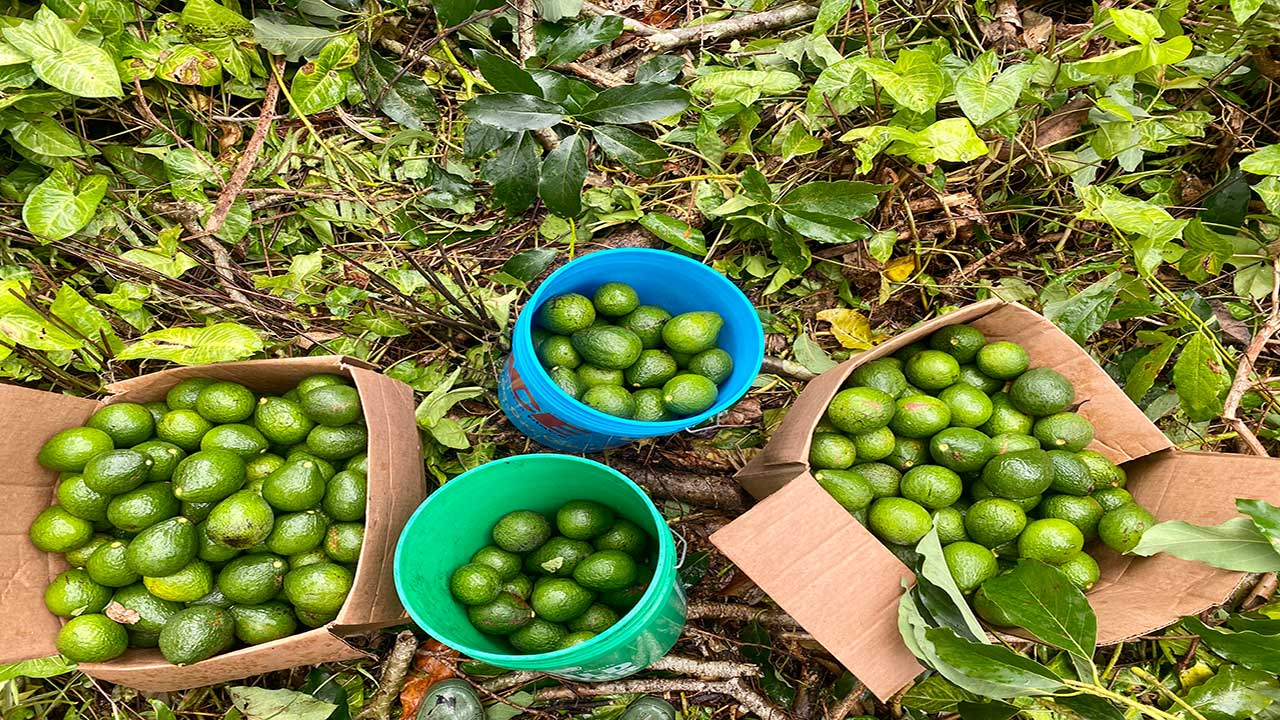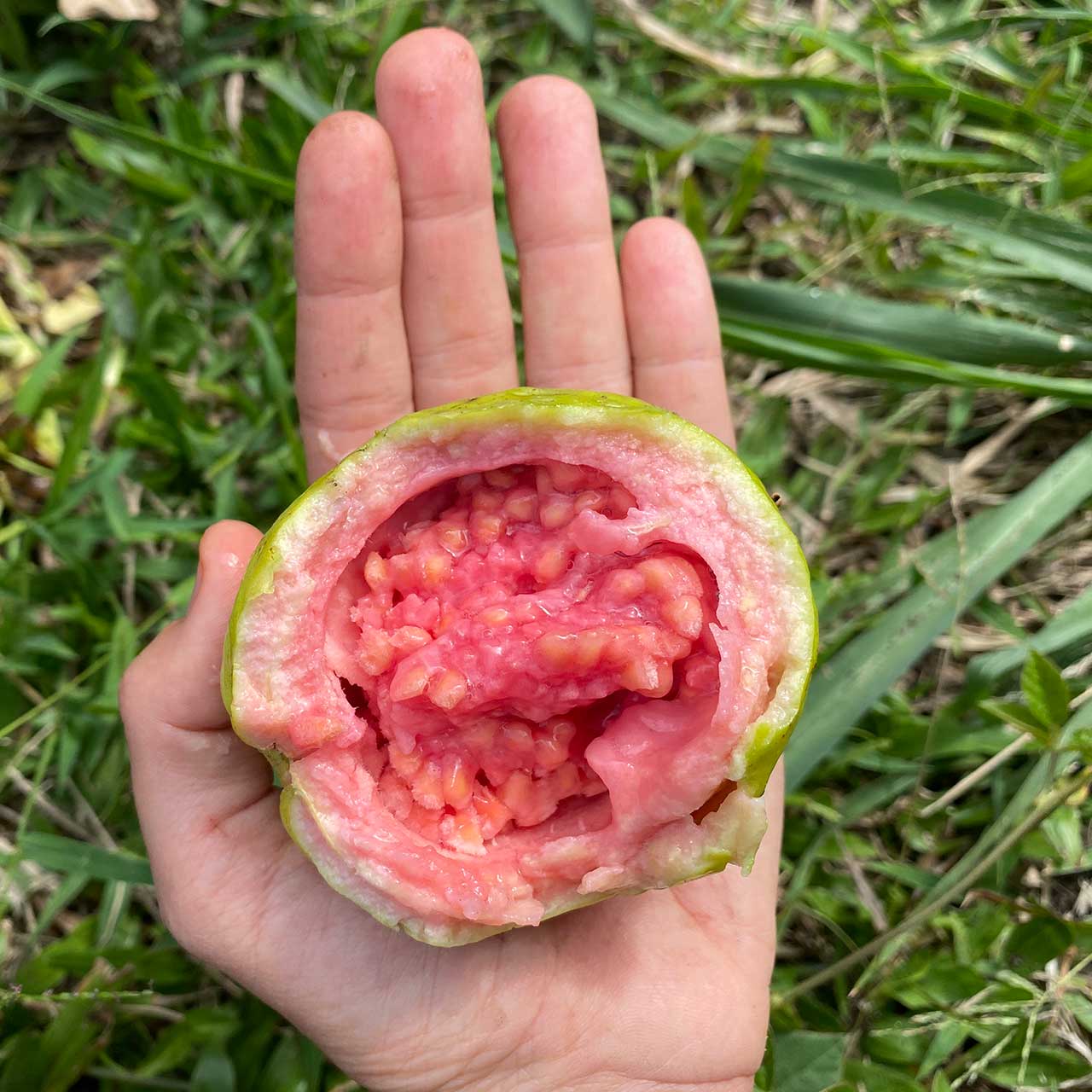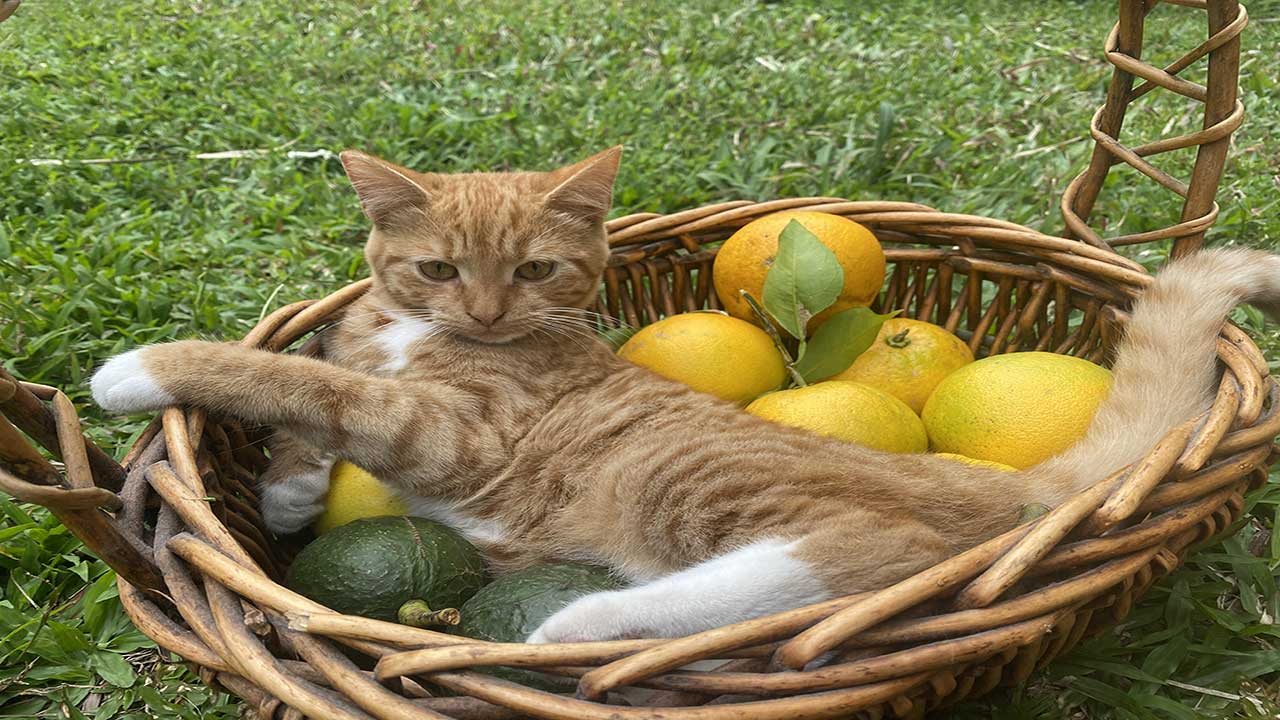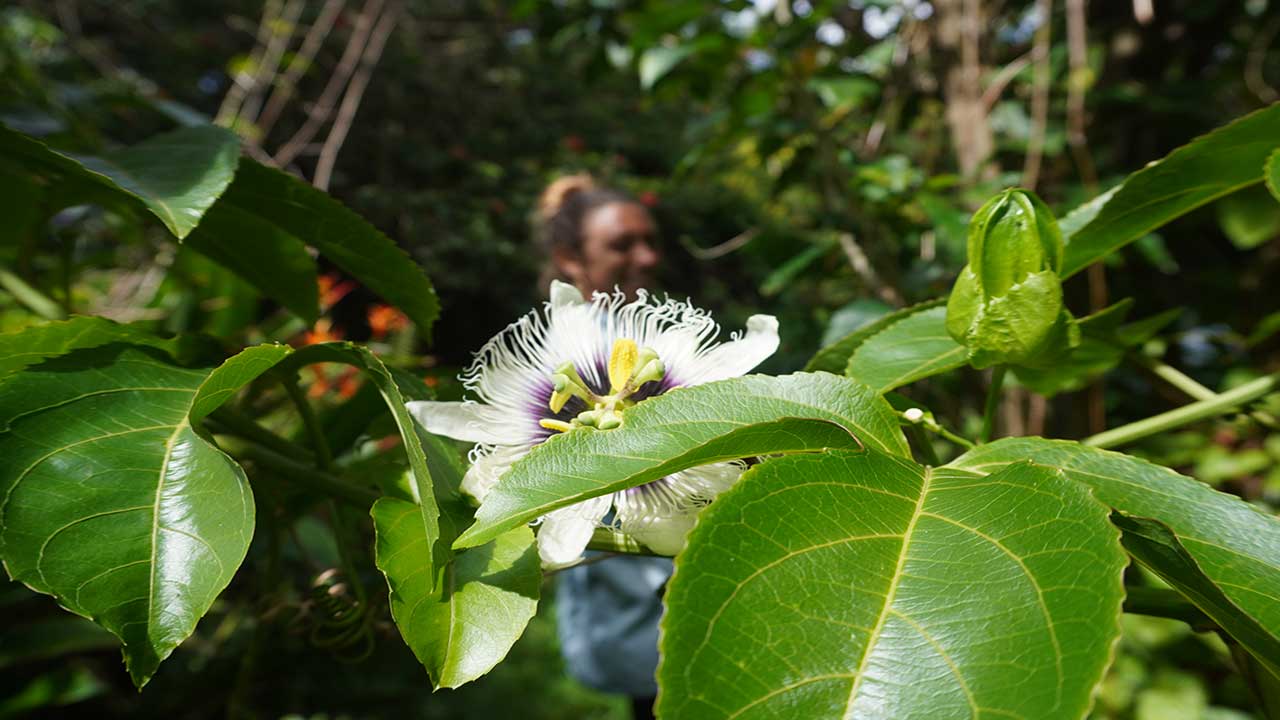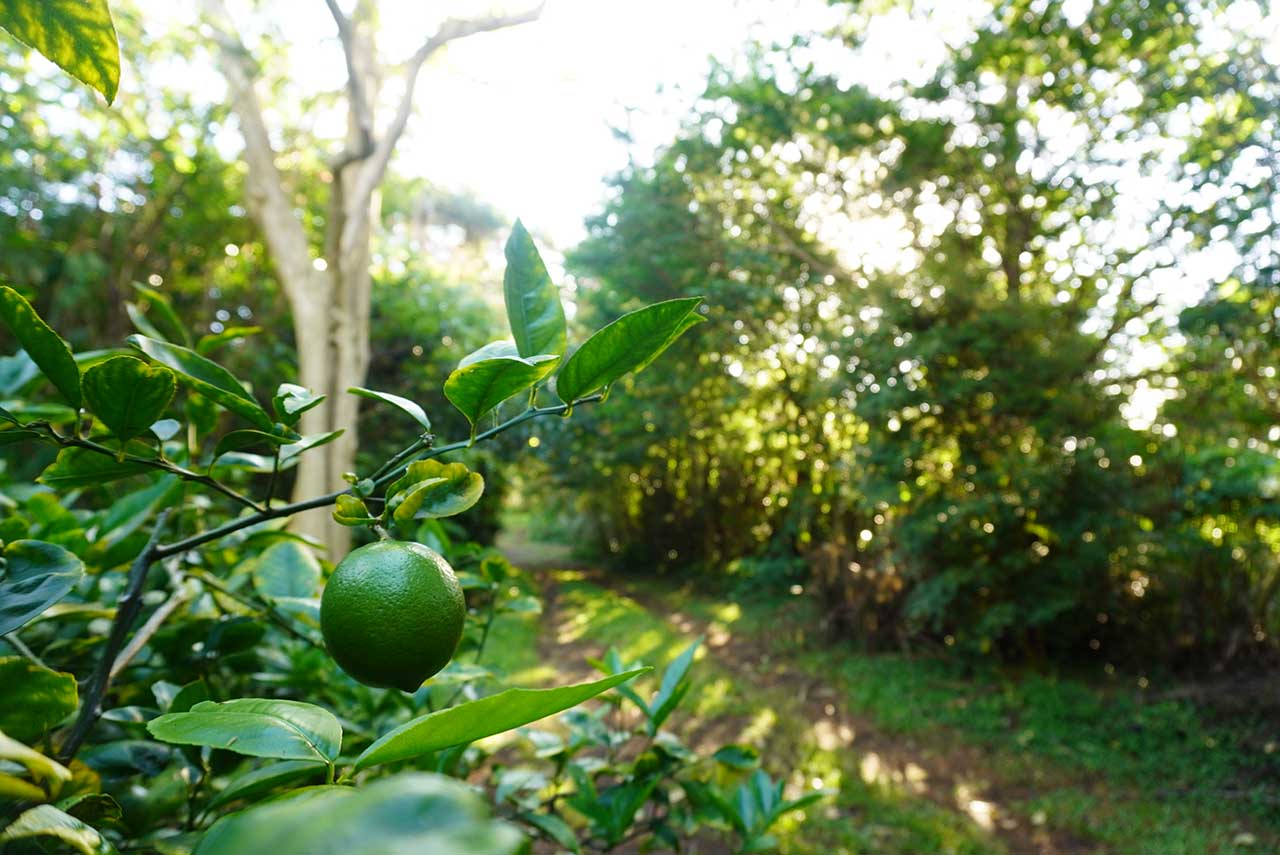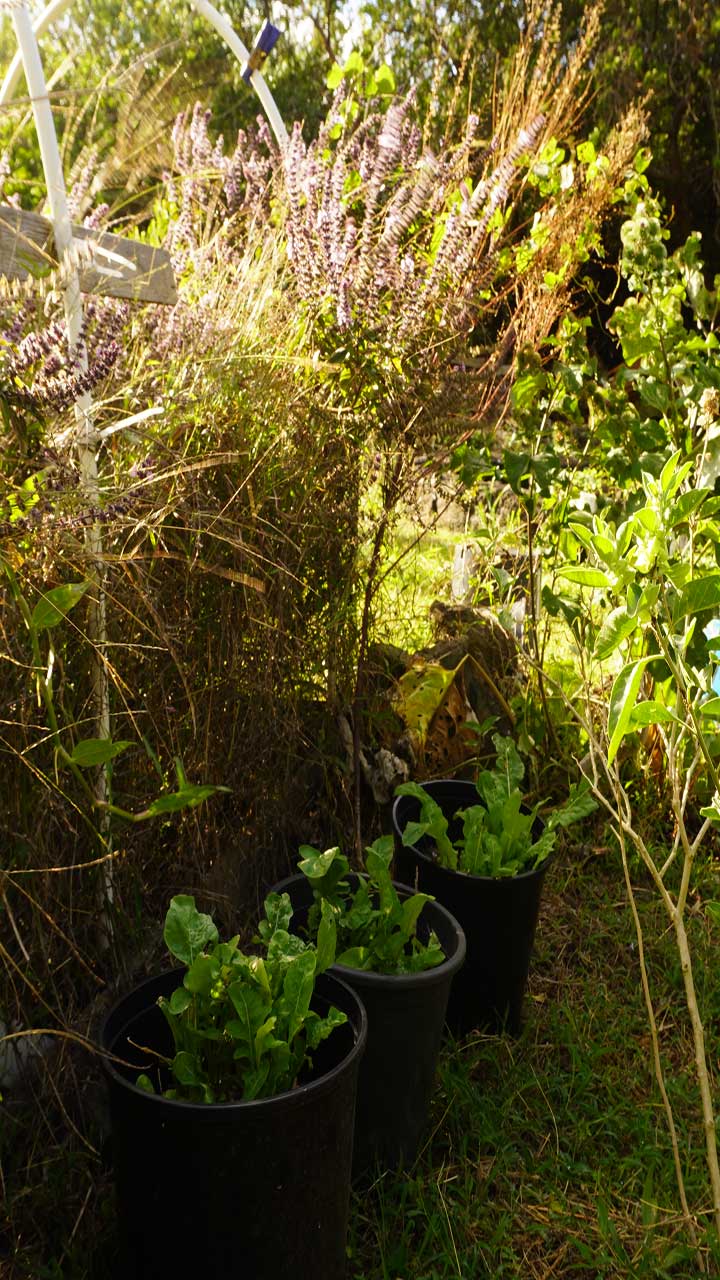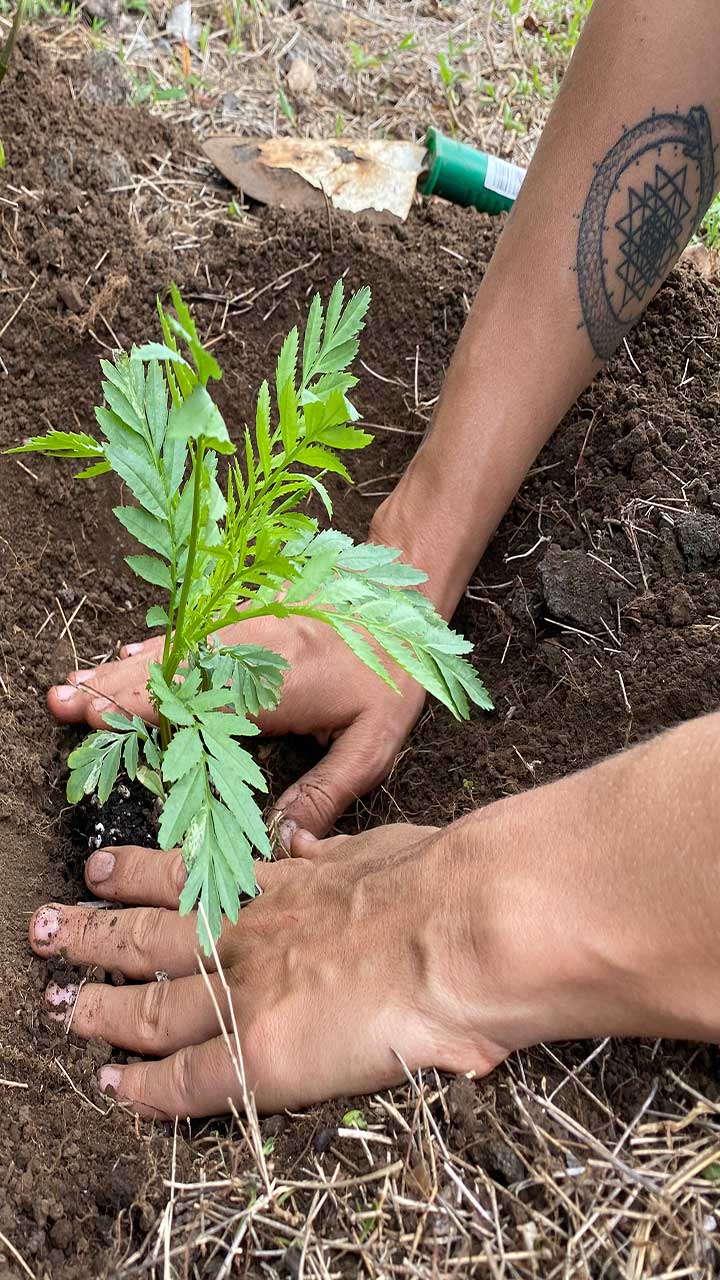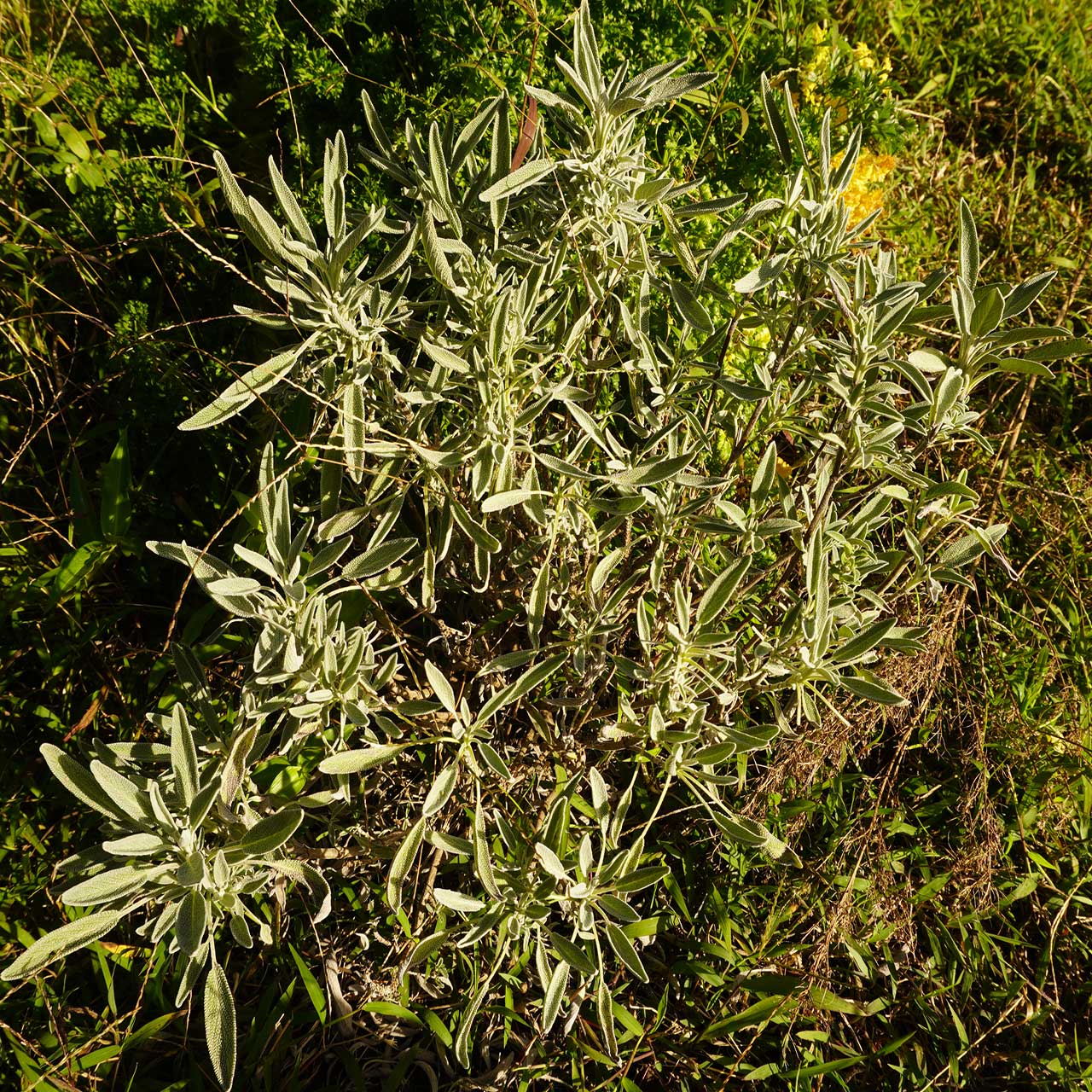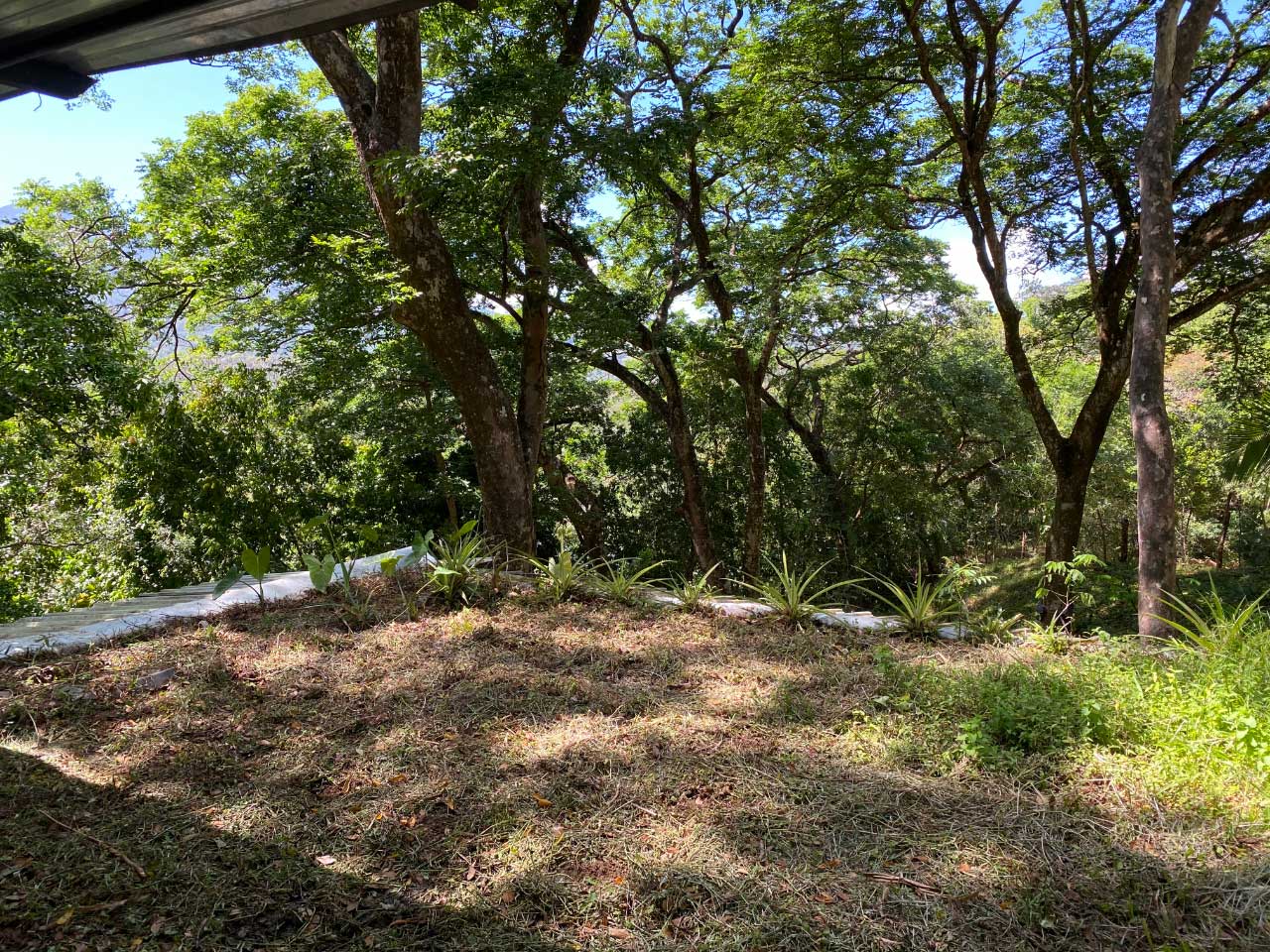Permaculture
There are volumes of material published on what Permaculture is so there is little need to go into detail here with lengthy technical explanations. But for those less familiar with the term, the word links “permanent” and “culture” (or “agriculture”). In its totality, permaculture is an interdisciplinary earth science that seeks to understand the fullness of nature and improve upon the various approaches and multiple pitfalls of human settlement and habitation on planet earth. All systems necessary for life are addressed in the breadth of its study and practice. Permaculture offers a complete alternative to the incomplete, stunted, monolithic understanding of the current long crisis that besets the biosphere of the planet. It is a way forward because it is millions of ways, not merely a set of platitudes for NGO’s to quote at fundraisers. In this practice, protracted observation of natural systems, critical thinking and recognition of human feeling replaces thoughtless action and apathetic impatience.
That being said, it was already abundantly clear in the 1970’s and early 1980’s (the genesis of the Permaculture movement) that there is little need to gather further evidence to act. Thankfully, 40 years later much has been done to help the ongoing crisis yet lamentably, much energy has been wasted on egoic political debate and profligate distractions, rather than ethical action towards solutions. The solutions exist, what’s lacking is the will of the collective. However, there is promise in almost every bio-region across the planet, where one can find grassroots (and sometimes larger) efforts to enact ecological and sustainable solutions to the challenges, working towards something “permanent”. The people and movements may not even know of the term “permaculture” but they fall under the “ethical umbrella” all the same. There are FAR more of these movements worldwide (*in the order of millions*) than is commonly recognized in mainstream society. Though it is not always visible, the Ways of Permaculture are prevailing and growing.
It is safe to say that Earthsong itself exists, and our whole way of life is lived, in accordance with the three founding ethics of Permaculture, paraphrased here for brevity and clarity:
- Earth Care
- People Care
- Fair Share (of surplus)
“Care” is an appropriate synonym for “Love”and to live with love is to live with heart. To live with heart is to live in honest truth with oneself and others. Living in honest truth may be a challenge enough and a lifelong journey on its own, but from these ideas, a benevolent direction in life that complements wellness can be established. These ethics self-regulate and allow for a flexible yet grounded approach to all of life’s circumstances. The ethics are not dogmatic doctrines that prefer a certain type of belief system, or religion even though they may echo many relevant, ancient spiritual world cultures. Rather, they offer an idea of how one can interact with their own reality, and receive back the reciprocity of energy that is inherent to the totality of life. There is not much that can improve on the simplicity of these ethics as we build a world melding the wisdom and practicality of the past with appropriate technology of the present and future; We, The Permies, take notice of those who never forgot their way as well as those wishing to re-discover the way, and we understand the axiomatic principles of harmonious habitation on this planet.
Practically speaking, in Permaculture there does exist a focus on food cultivation. Wholesome, natural food has obvious benefits, and so at Earthsong there is a focus on working to efficiently increase the yield and variety of the land. Food forests and edible/medicinal landscapes are present and growing more abundant as we move forward.
Voluntary simplicity, thrift, conservation of energy, self-improvement, reducing consumption & re-using are all practiced as a means of continuing the refinement of the process oriented approach to life (rather than rigid goal oriented) that is evident here. Of course goals are important and serve a purpose as well at Earthsong, but the predominant approach is more tilted to the former, while keeping the ethics close to the heart.
Earthsong steward Ryan is a Certified Permaculture Designer earning his 72hr PDC in Costa Rica in 2010 after several years of self study and attending shorter permaculture workshops in 2008-2009. From 2010 to present there has been a continuous practice of living and working with the three ethics. He is putting his experience to work in the growth and sustenance of Earthsong’s two locations in Hawai’i and Panama. He is also willing to share his knowledge with all who are sincerely interested in learning and supporting.
Earthsong Hawai’i Eco-Retreat + Organic Food Forest
For over 30 years this piece of land has been tended to organically, with many hands contributing to multiple gardens spread across the property and the food forest. It is full of mineral rich biodynamic soil specially amended with Korean Natural Farming methods. The land has maintained much of its wild nature as an old growth forest with a variety of large native trees and plant life. This is something to cherish in an area that has been widely deforested by man (or old lava flows) to make space for cattle and sugar cane.
There is an abundance of fruits, vegetables, herbs, and medicinal plants growing on the land. We have listed some of what we have found so far. We are always discovering new species each time we weave our way through the forest. More seeds have been sprouted and with more hands in the soil planting we can work towards fulfilling all of our food needs and share the bounty with the local community.
This is not an exhaustive list; it’s continually growing!
Fruit Trees:
Avocados
Coconuts
Jackfruit
Rollinia
Cacao
Curry Leaf Trees
Tahitian Breadfruit (Ulu)
Malabar Chestnut
Ginger
Loquat
Jaboticaba
Macadamia nut
Peanut Butter Fruit tree
Egg Fruit tree (Canistel)
Tamarillo
Figs
Green Papaya
Papaya (several varieties)
White sapote
Tangelo
Oranges Ka’u gold
Guava (several varieties)
Mango
Pink Grapefruit
Lemons
Calamansi lime
Tahitian Lime
Kaffir Lime
Rose Apple
Soursop
Atemoia
Lilikoi (hawaiian and jamaican)
Vegetables / Herbs / Medicinal Plants:
Malabar chestnut
Mulberry
Thimbleberry
Surinam Cherry
Chinese Broccoli
Rhubarb
Burdock
Gotu Kola
Kalo (Taro)
Chayote
Potatoes
Sweet Potatoes
Collard Greens
Green Cabbage
Kale
Tomatoes
Turmeric
Peppers
Cherry tomatoes
Arugula
Mustard
Spearmint
Chocolate mint
Rosemary
Basil
Tulsi
Hibiscus
Ashwaganda
Katuk
Chaya
Moringa Trees
Chiric Sanango
Thyme
Rio Bello Panama Homestead + Organic Food Forest
Prior to 2009, Rio Bello was a small demonstration teaching plot for the local elementary school to cultivate shade-grown coffee, cassava, yams, citrus, bananas, mangos, avocados, and various hardwoods. Since then, much of that cultivation has continued adding cacao, pigeon peas, katuk, chaya, plantains, pineapple, taro, breadfruit (ulu), rambutan, passionfruit, coconut, Guadua bamboo, many medicinal herbaceous plants, a fish pond with tilapia, and more common garden vegetables (kale, spinach, tomatoes, etc) in rooftop wicking beds in the main house built in 2011.
Unlike Earthsong Hawaii, much of the Rio Bello sits on a western facing hillside sloped towards the river and therefore has been terraced along contour lines for water retention and planting efficiency throughout the landscape. Agro-chemicals were never used on the land, and since 2009, principles of permaculture design have been followed including Syntropic alley cropping in the fruit orchard and Bio Dynamic practices when interacting with the plants to continually build resilient soil fertility and biodiversity throughout the land.
Aloha Aina – Love for the land
It is our mission to sustain ourselves and support our local community with food and medicine we grow in the organic farmacy and to share this way of life with those who visit. This way of life asks humans to return to our roots as stewards of the planet and to move away from a culture of consumption, destruction, and disassociation from our interconnection with the earth. We believe in the statement made by long time permaculture practitioner and advocate Geoff Lawton; “all the world’s problems can be solved in a garden”. Through shared love of the land, we co-create a life of peace, gratitude, and self-sufficiency individually and collectively.
Below are photos taken of humans loving the land from both Panama and Hawai’i Earthsong locations, as well photos of various tropical flowers, wild mushrooms, and other beautiful creatures one finds when they spend time observing and appreciating the diverse wonders of the natural world.

